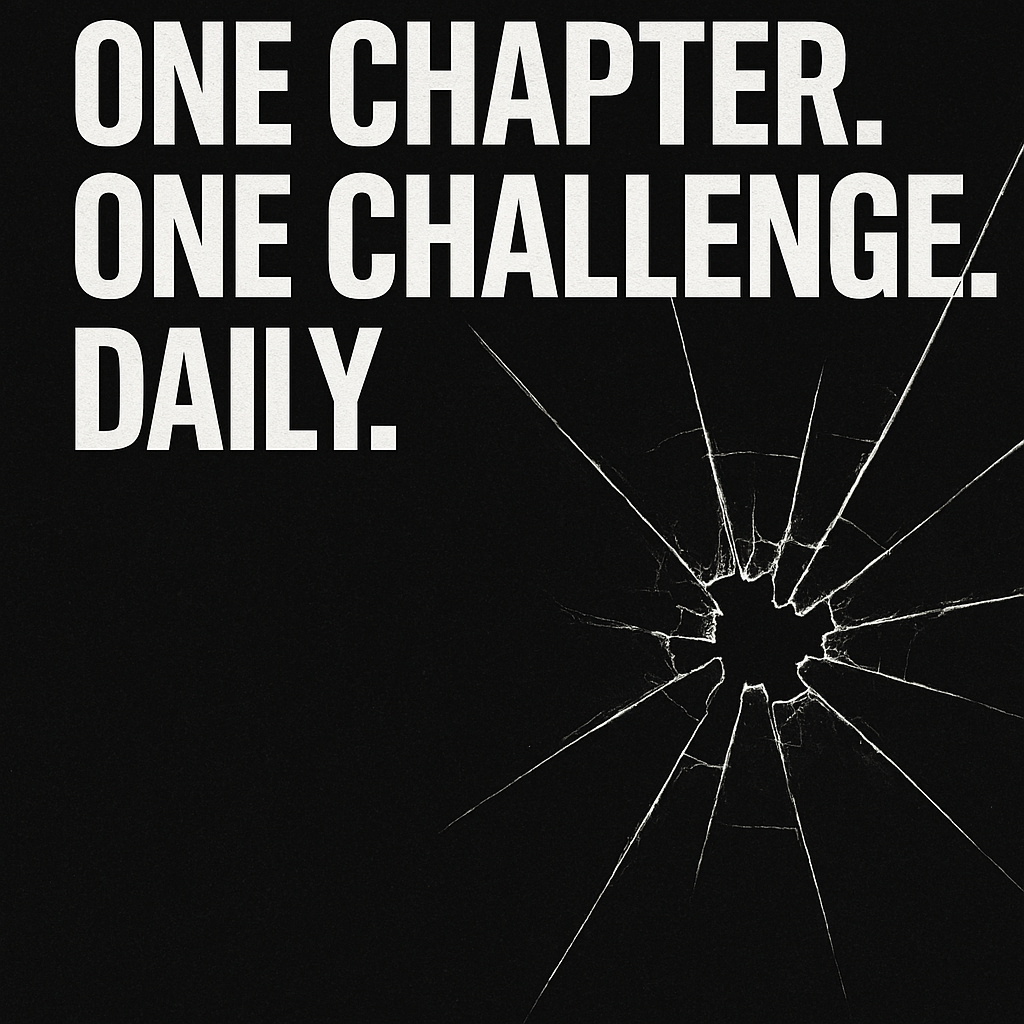
Simulacra and Science Fiction
I. Brutal Truth: Sci-Fi Is No Longer Fiction
Baudrillard’s thesis is clear:
“There is no more fiction, only simulation.”
Science fiction was once a projection of alternate realities. Now, it’s absorbed into reality itself. In other words, we are living inside the very fictions we once imagined.
What used to be speculative, AI, clones, digital worlds, is now mundane. So sci-fi can’t create distance from the real anymore, because there’s no real left to distance from.
II. The Collapse of the Distinction
Baudrillard breaks down how simulation has infected the genre:
1. From Outer Space to Inner Code
Sci-fi used to explore the Other: aliens, distant planets, time travel.
Now it loops inward, VR, brain implants, synthetic emotions, reality-TV politics.
The future is not “out there”, it’s already rendered.
2. Disneyland as Sci-Fi Template
Places like Disneyland simulate worlds within a world, designed fakes that openly admit they’re fake.
This honesty is a trick. Because it convinces you the outside world must therefore be real.
“Disneyland is presented as imaginary in order to make us believe that the rest is real.”
III. Why Sci-Fi Fails Today
Sci-fi fails not because it’s bad fiction, but because it tries to distinguish between:
Reality
Illusion
Simulation
But we’re past that. We live in hyperreality, where:
News is scripted
Reality is curated
AI blurs art and code
Politics is performance
So science fiction is now just another simulation, self-referential, predictable, irrelevant.
IV. High-Leverage Insight: You Can’t Shock the System From Within
If you try to build a disruptive brand, movement, or vision using the tools of simulation (ads, social media, aesthetics), you’re not subverting the system.
You’re feeding it.
Real disruption requires a refusal to simulate.
That means:
Silence in a world of noise
Simplicity in a world of design
Substance in a world of symbols
To be real is the new rebellion.
V. Direct Challenge
Audit Your “Fiction” Assets
Where are you pretending to be real?
Where are you using fake scarcity, fake identities, fake interactions?
Be ruthless.
Design a “De-Simulated” Product
Strip one product, service, or project down to raw authenticity.
No fluff, no symbols, no signals, just the core.
Then reverse-engineer how you’d market it in a world that only understands simulation.
Prepare for Chapter 4:
“The Beaubourg Effect: Implosion and Deterrence”
It’s a savage breakdown of how cultural spaces (like museums) are just vacuum-sealed simulations, pretending to preserve meaning while draining it dry.

